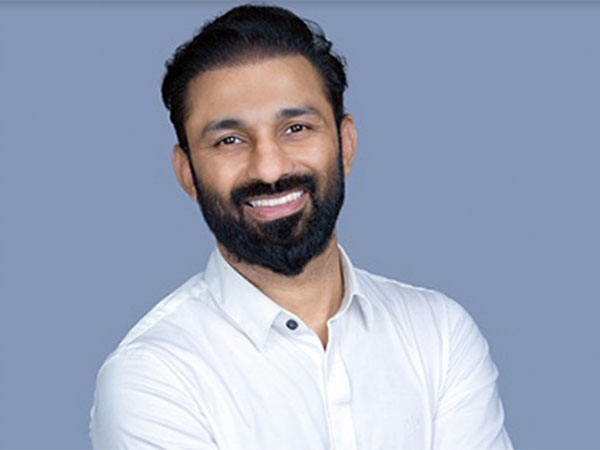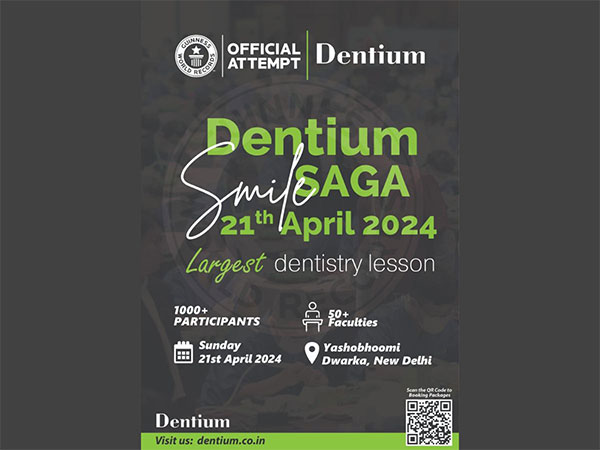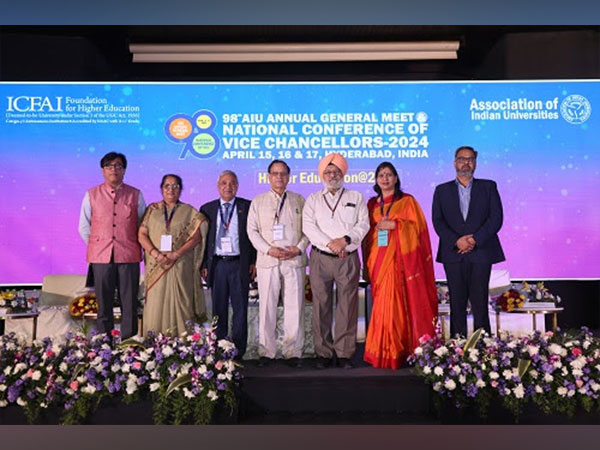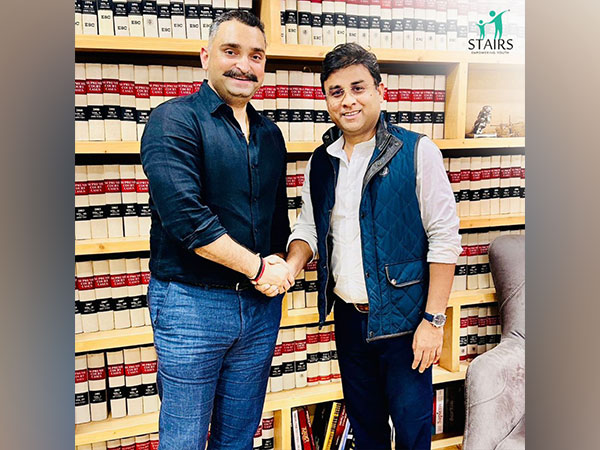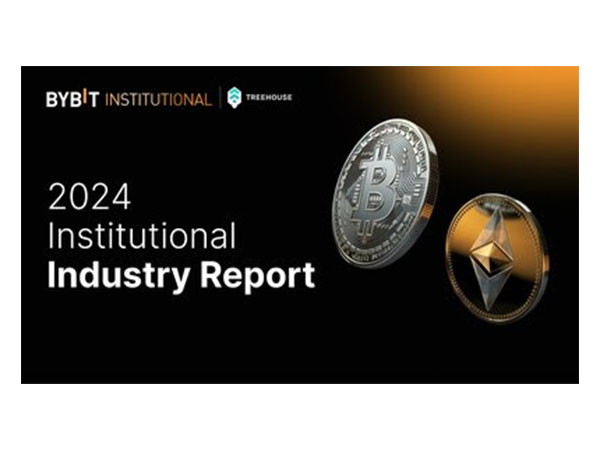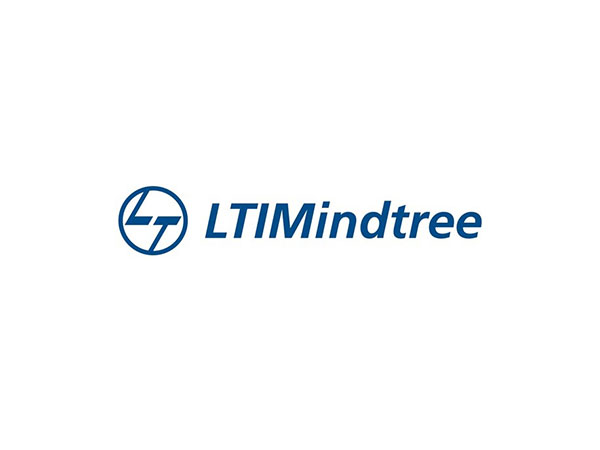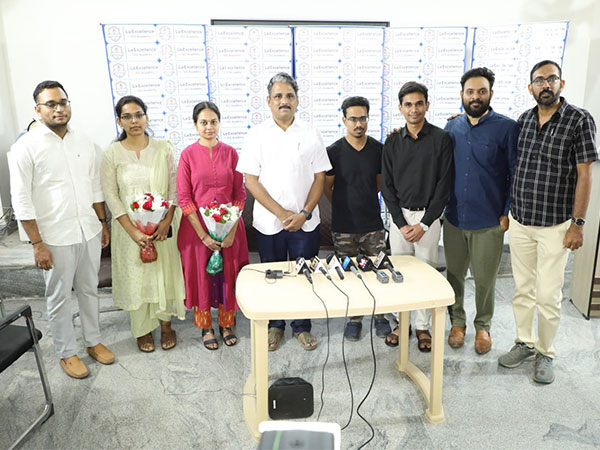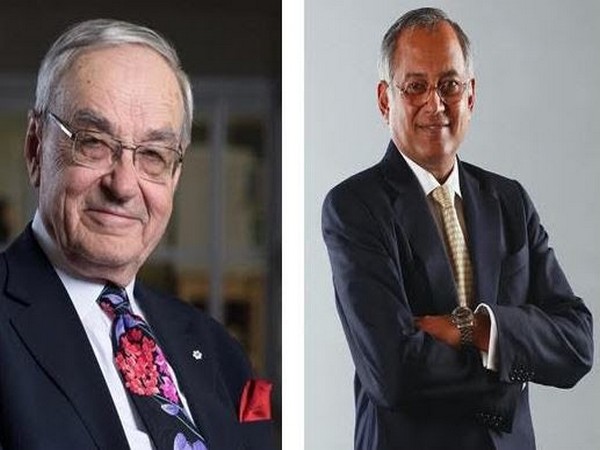
Brain health focus needs to shift from distant risk management to current benefits says Dr Vladimir Hachinski at the 41st TS Srinivasan Endowment Oration
Nov 01, 2021
Chennai (Tamil Nadu) [India], November 1 (ANI/NewsVoir): 41st TS Srinivasan Endowment Oration titled "Promoting Brain Health to Prevent Dementia, Heart Disease and Stroke" held virtually this year, underlined that the emphasis on promoting brain health needs to shift from distant risk management to current benefits.
Delivering the oration, Dr Vladimir Hachinski, CM OOnt MD DSc FRCP FRSC, Robarts Research Institute, University of Western Ontario, London, Ontario, Canada said that brain health is essential for physical and mental health, social well-being, productivity, and creativity.
He advocated making brain health the top priority worldwide and urged communities to develop common measures and definitions to enhance research and policy and to apply comprehensive customised cost-effective prevention solutions in actionable implementation units.
"It is a well-known fact that stroke, heart disease and dementia, which are the greatest threats to the brain, are increasing worldwide and the situation will get worse in India. It is unfortunate that most medical practitioners consider dementia as a natural and inevitable part of ageing. As we speak, only 27 of the 194 member countries who approved WHOs global action plan on public health response to Dementia, have functioning dementia risk reduction campaigns. Stroke increases the possibility of heart disease and doubles the chances of developing dementia. Dementia, Stroke and Heart Disease, however, share the common risks and protective factors. Risk factors include hypertension, lack of exercise, diet that is high in salt, sugar and fats and the protective factor among them is education. It therefore makes sense to look at the three together as they share the same protective factors by promoting brain health," Dr Vladimir Hachinski explained.
Worldwide, the number of people with ischemic Heart Disease, Stroke and Dementia is projected to affect 158.6 million people, 122.4 million people and 74.7 million people respectively.
Touching on the role air pollution plays he said, "Pollution causes harm to the heart, stress to the lungs and damages the brain. We breathe the same air in the bio-hemisphere since there are jet-streams of air in the atmosphere that move across oceans and continents. For example, pollution in New Delhi would affect even far off Canada. The urgency to do something to reduce pollution increases with each passing year."
Advising individuals to concentrate on enhancing brain health, Dr Vladimir Hachinski said, "At least half of all Strokes are preventable, yet only one in four people can identify a single risk factor for Stroke. If there is a family history of high blood pressure, we need to monitor that and control blood pressure by cutting down on salt intake and exercising regularly. On the other hand, if there is a strong family history of diabetes, you need to ensure that you do not gain weight. This would enhance brain health, which is the basis for overall health and in the long term decrease the chances of having a Stroke, or a Heart Attack or Dementia. This way, we can avoid a catastrophe which can happen decades later. The emphasis needs to shift from distant risk to current benefits by promoting brain health. You need to target brain health to some measurable goal that the individual can commit to such as sleep hygiene, exercising and eating well. It might be a good idea to partner this commitment with someone else. Individuals with healthy brains are more productive and happier. A comprehensive, cost-effective approach to the joint prevention of Stroke, Heart Disease and Dementia promises accelerated progress."
The TS Srinivasan Oration is supported by the TS Srinivasan Charitable Trust and honours the memory of TS Srinivasan a scion of the TVS family who pioneered many automobile innovations and collaborations and was renowned for his humanistic qualities. The programme guided by an international advisory board of eminent neurologists is co-organised by Neurokrish, Chennai.
Vladimir Hachinski CM OOnt MD DSc FRCP FRSC is a Canadian clinical neuroscientist and researcher based at the Schulich School of Medicine and Dentistry at Western University. He is also a Senior Scientist at London's Robarts Research Institute. His research pertains in the greatest part to stroke and dementia, the interactions between them and their joint prevention.
He and John W Norris helped to establish the world's first successful stroke unit at Sunnybrook Hospital in Toronto and, by extension, helped cement stroke units as the standard of care for stroke patients. He discovered that the control of the heart by the brain is asymmetric, the fight/flight (sympathetic) response being controlled by the right hemisphere and the rest and digest (parasympathetic) response being controlled by the left hemisphere and damage to one key component (the insula) can lead to heart irregularities and sudden death.
This discovery has added fundamental knowledge to how the brain controls the heart and blood pressure and lays the foundation for helping prevent sudden death. Hachinski has held many prominent positions in the global neurology community, including editor-in-chief of the journal Stroke the leading publication in the field and president of the World Federation of Neurology and founder of World Brain Alliance.
He is a Fellow of the Royal Society of Canada (FRSC) and the Canadian Academy of Health Sciences (FCAHS), a Member of the Orders of Canada and Ontario, and the recipient of several national and international awards and recognitions for his research and advocacy.
This story is provided by NewsVoir. ANI will not be responsible in any way for the content of this article. (ANI/NewsVoir)

